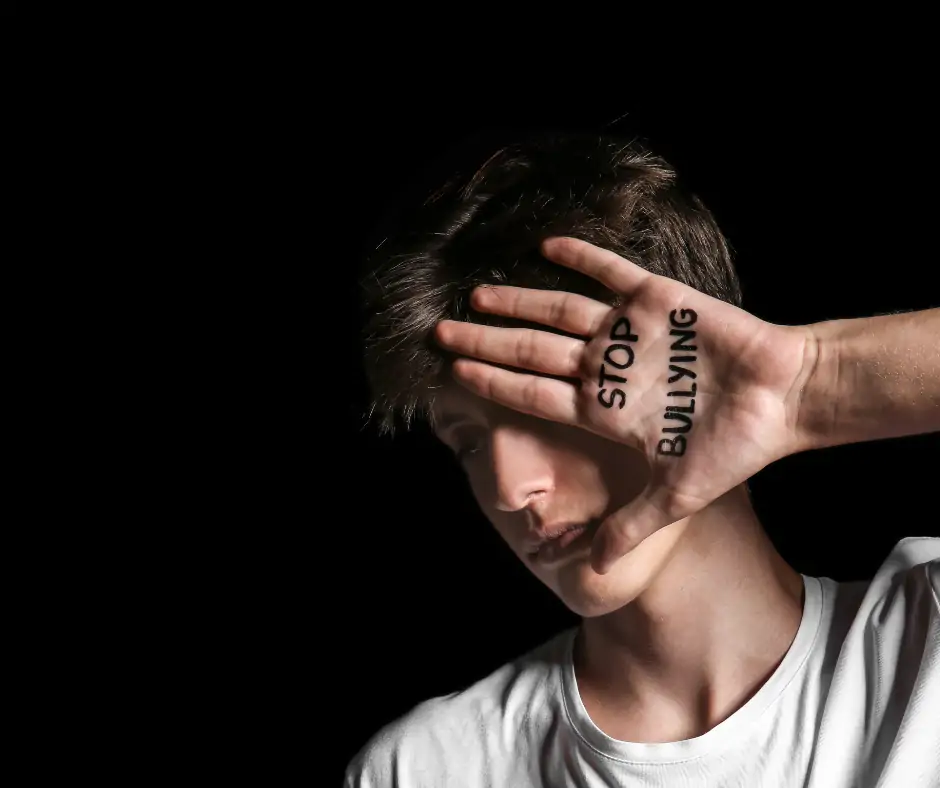
A mother residing in Backdoor near Kabokweni, Mpumalanga, is advocating for justice following an alleged incident of bullying involving her son at AA Khumalo Primary School. The distressing episode occurred last month when the 13-year-old boy reportedly fainted due to the severity of the bullying he endured within his classroom.
The aftermath of the bullying has left the victim in a state of fear, dreading the thought of returning to school. The concerned mother, whose identity remains undisclosed to safeguard her son’s privacy, expresses deep anguish over her son’s struggles in coping with the traumatic experience.
“He battles to find rest at night, plagued by nightmares, and pleads with his aggressors not to harm him,” she reveals. “What pains me the most is that my child’s well-being has been profoundly impacted, particularly as the ordeal unfolded in the presence of his fellow classmates. Even when approached by the social worker, he expressed his reluctance to forgive those responsible, indicating the lasting scars inflicted upon him.”
The distressing narrative underscores the pervasive issue of bullying in educational settings, warranting urgent attention and remedial action to ensure the safety and well-being of all students.
In recent times, the scourge of bullying has emerged as a significant concern, transcending geographical boundaries and impacting communities worldwide. While educational institutions serve as bastions of learning and growth, instances of bullying tarnish their sanctity, leaving indelible scars on the lives of victims and their families.
The incident at AA Khumalo Primary School epitomizes the harrowing reality faced by many students, wherein the innocence of childhood is marred by acts of aggression and intimidation perpetrated by peers. Such traumatic experiences not only jeopardize the academic progress of affected students but also undermine their emotional and psychological resilience, perpetuating a cycle of fear and insecurity.
For the victim and his family, the aftermath of the bullying ordeal has been fraught with anguish and uncertainty. The mother’s impassioned plea for justice reflects the profound impact of bullying beyond the confines of the schoolyard, reverberating through the fabric of familial and communal life.
Efforts to address bullying must extend beyond punitive measures to encompass comprehensive strategies aimed at fostering a culture of empathy, respect, and inclusivity within educational institutions. Educators, parents, and policymakers alike bear a collective responsibility to cultivate environments where students feel safe, supported, and valued for who they are.
Central to this endeavor is the need for proactive intervention and robust support mechanisms to empower victims, confront perpetrators, and educate the broader school community on the consequences of bullying behavior. By fostering open dialogue and promoting empathy, schools can instill values of compassion and understanding, laying the foundation for a more equitable and harmonious learning environment.
Moreover, initiatives to combat bullying must be underpinned by a commitment to holistic student development, addressing the underlying social, emotional, and behavioral factors that contribute to such behavior. Counseling services, peer support groups, and extracurricular activities can serve as vital avenues for nurturing positive relationships, building resilience, and fostering a sense of belonging among students.
Furthermore, collaboration between schools, parents, and community stakeholders is essential to create a united front against bullying. By fostering partnerships and sharing resources, stakeholders can leverage their collective expertise and influence to implement effective prevention and intervention strategies.
Beyond the immediate context of individual schools, addressing bullying requires a broader societal response that challenges entrenched norms of aggression and dominance. Cultural attitudes that condone or trivialize bullying must be confronted through education, advocacy, and social mobilization efforts aimed at promoting empathy, tolerance, and conflict resolution skills.
In addition to preventive measures, it is crucial to provide adequate support and redress for victims of bullying, ensuring their voices are heard, and their experiences validated. Restorative justice approaches, such as mediation and reconciliation, can offer a constructive framework for healing and reconciliation, allowing both victims and perpetrators to confront the impact of their actions and work towards mutual understanding and healing.
Ultimately, eradicating bullying demands a concerted and sustained effort from all segments of society, transcending individual responsibility to embrace collective action. By fostering cultures of kindness, empathy, and respect, we can create nurturing environments where every child can thrive and fulfill their potential, free from the specter of bullying and harassment.
In standing united against bullying, we affirm our commitment to safeguarding the dignity and well-being of every individual, ensuring that schools remain havens of learning, growth, and compassion for generations to come.
This website uses cookies.